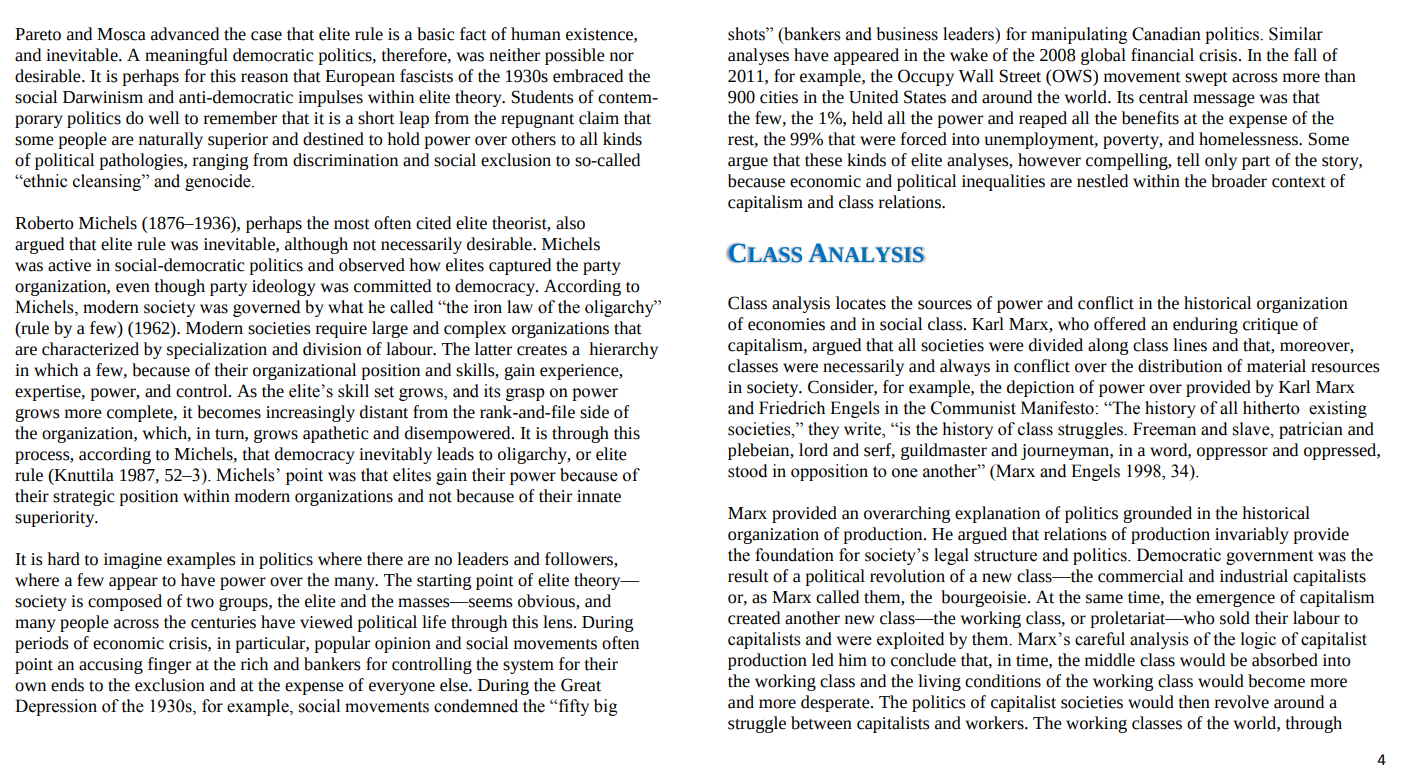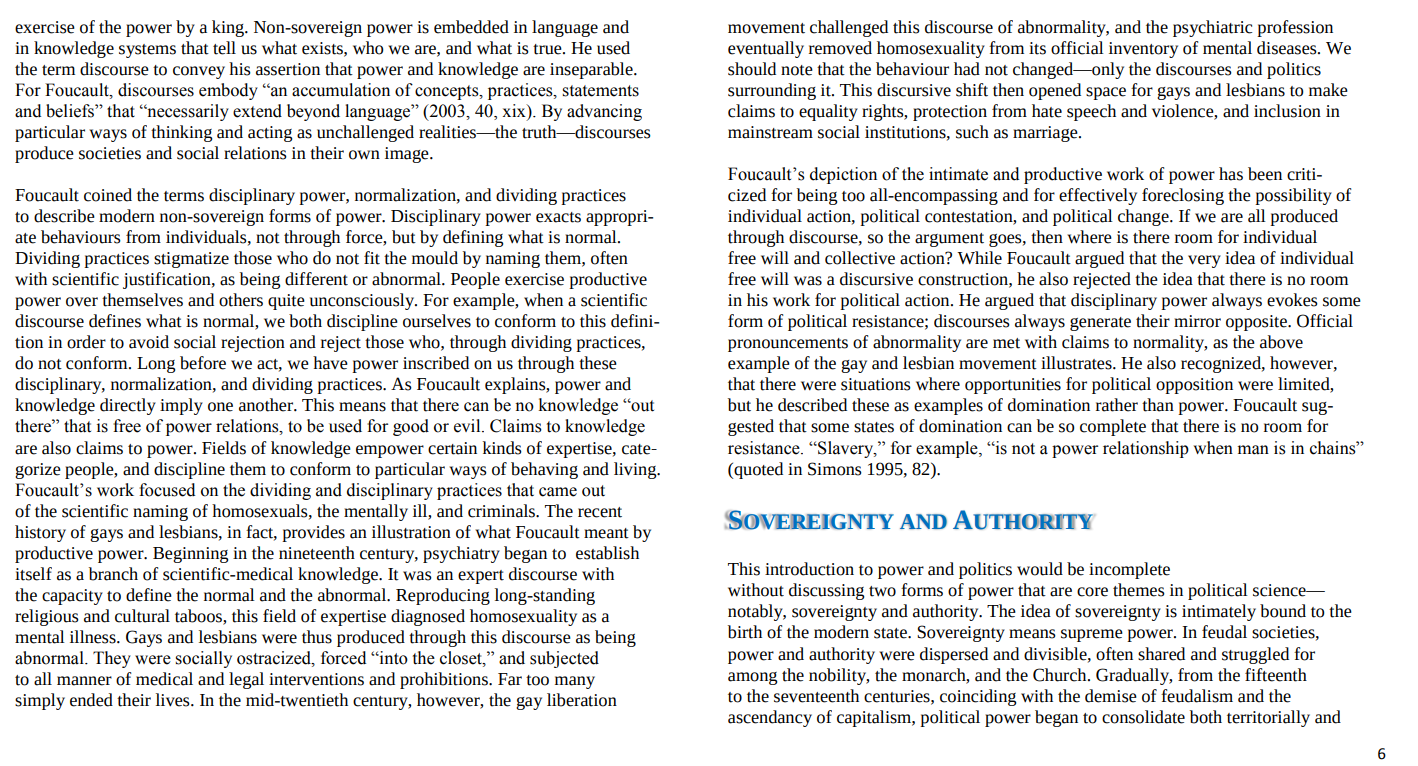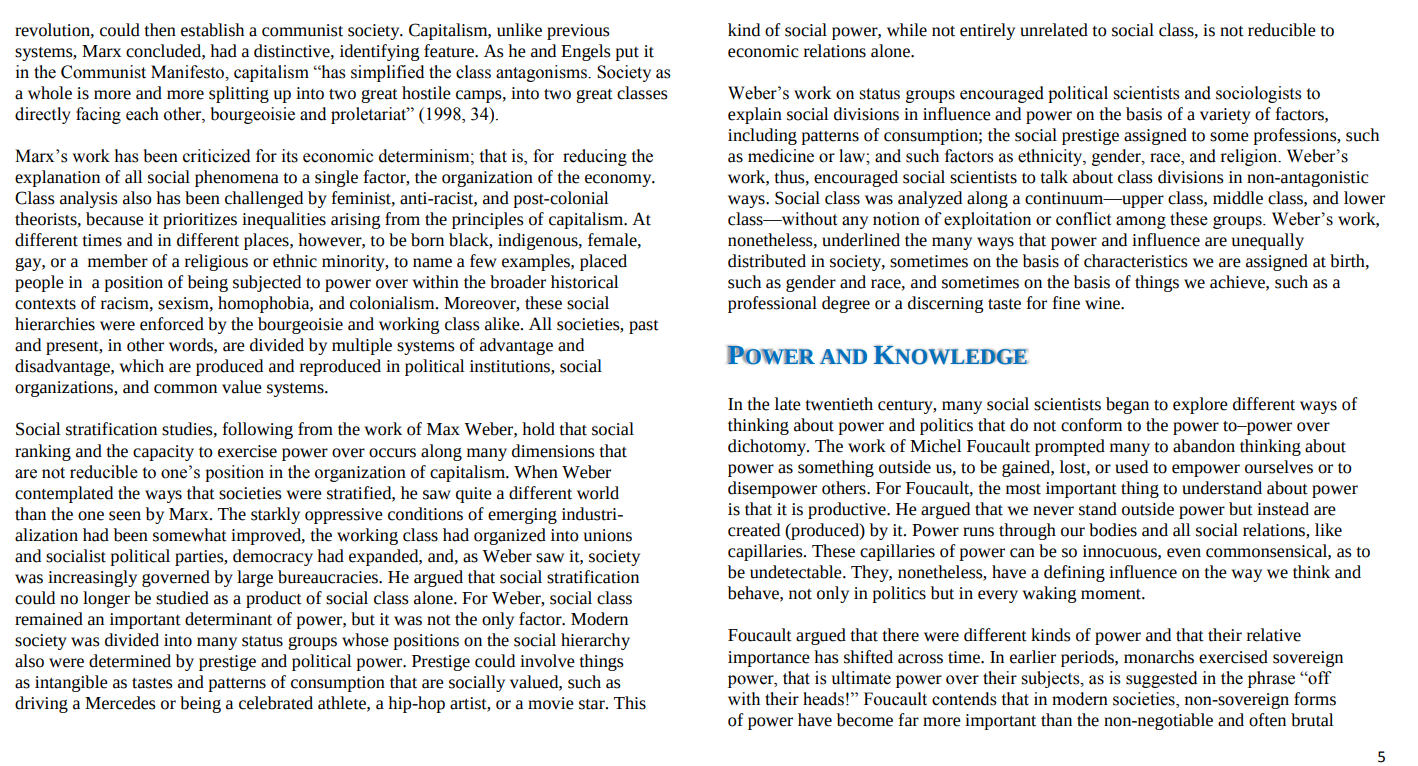view the rest of the comments
the_dunk_tank
It's the dunk tank.
This is where you come to post big-brained hot takes by chuds, libs, or even fellow leftists, and tear them to itty-bitty pieces with precision dunkstrikes.
Rule 1: All posts must include links to the subject matter, and no identifying information should be redacted.
Rule 2: If your source is a reactionary website, please use archive.is instead of linking directly.
Rule 3: No sectarianism.
Rule 4: TERF/SWERFs Not Welcome
Rule 5: No ableism of any kind (that includes stuff like libt*rd)
Rule 6: Do not post fellow hexbears.
Rule 7: Do not individually target other instances' admins or moderators.
Rule 8: The subject of a post cannot be low hanging fruit, that is comments/posts made by a private person that have low amount of upvotes/likes/views. Comments/Posts made on other instances that are accessible from hexbear are an exception to this. Posts that do not meet this requirement can be posted to !shitreactionariessay@lemmygrad.ml
Rule 9: if you post ironic rage bait im going to make a personal visit to your house to make sure you never make this mistake again



Could one be both proletarian and slave? Depends on how you'd define slave and prole, I imagine many sorts of live in house help in cities might qualify.
Idk what Marx said about it
I think both are the products of vastly different demographic and productive contexts. The slave is economically viable when the difference between the average productivity of labor(which is the value produced by labor) and the marginal productivity of labor(which liberal economists consider equal to the wage, they are wrong but for simplicity let's say they are close enough) is very low. This forces the overlord to apply maximum coercion in order to extract surplus. But coercion is expensive, so as the gap between these 2 quantities grows naked coercion is relaxed. Until you get to a "free market". But even the reserve army of labor is a form of coercion since it serves too keep wages under the mpl.
So from an economic perspective being a slave and a proletariat are at opposite ends of economic conditions.
Note that this gap is defined by the productive technology but it does not necessarily mean that the gap grows as society advances technologically.
Also note that this also applies to high value slaves like the ones in the medieval Islamic societies, that were generals, scribes and administrators.
I was thinking more a live in house-worker in a wealthy household (but in an otherwise poor city) who gets room and board but also has their passport taken and the authorities go looking for them if they are missing for a day, but also sometimes they do the groceries and get access to dad's credit card to facilitate such ends, but doesn't really have the capacity to own property, vote, participate in society etc etc. They certainly participate in some proletarian activities and relationships, but also some slave-y ones.
Not saying that this would be the majority of people in any economy, just exploring if its possible to be both Proletarian and a Slave. Someone else in this thread says that an important part of being a prole is being able to move to where the jobs are and choose which jobs they do (on some level; its never that clear cut).
I get what you mean. As other people in the tread have said, the relationship between a proletarian and production is wage labor. Mobility is indeed an important part of that, as well as being a nominally free individual. So it's not so much what job they are doing, or their other social relationships.
But these liminal examples do rise the concern that our definitions can be too rigid.
I thought of 2 other related points between my last post and this one. The first is about tenancy. As the marginal productivity of agricultural workers falls, the become landless, and eventually end up working the land for a fee or corvee. The same conditions that correlate with tenancy also do so with proletarisation, the difference in outcomes for different regions seems to be related to mobility, and the development of nearby urban networks.
The second was about eastern European serfs, who had become tenants, tied to the land and owed the landlord a corvee. But as agricultural productivity fell with respect to labor productivity on urban areas, landlords decided it was more profitable to let the serfs work in the city and then pay them a fee. So these people belonged to 2 different contexts, on the one hand their relationship to production was that of proletarians, on the other they were also explored by the landlord who had customary rights over them.
This is another example of how definitions can become too rigid, and can't represent Al the nuances of the real world. At the same time clear definitions help us understand the difference in this case between the material and customary relationships. In this example the landlords went to the dustbin of history because they no longer had an economic base.